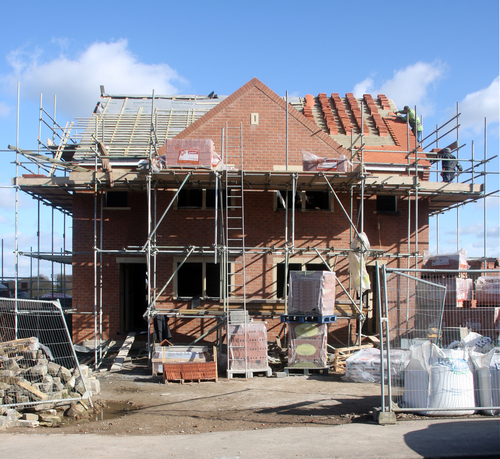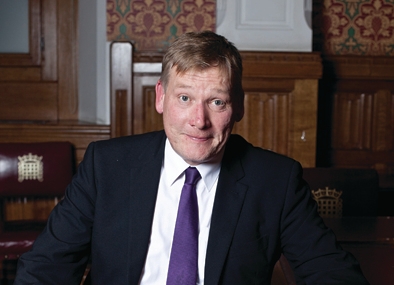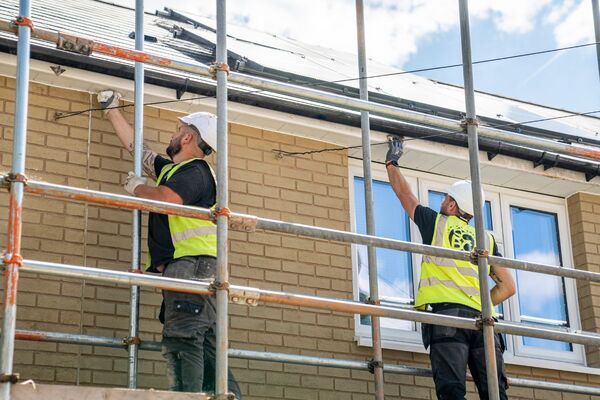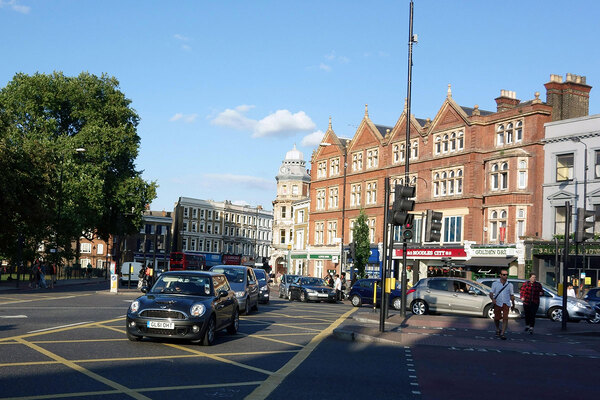You are viewing 1 of your 1 free articles
Councils hold back from new HRA borrowing
Billions of pounds in potential housing investment are being shored up by councils for fear of further changes to rent-setting rules, new analysis by Inside Housing has found.
Our survey of 141 councils that run social housing found just 43% have made use of their official permission to borrow more money for housing since 2012.
As a result of this widespread reticence, these 141 councils’ collective borrowing power has actually increased from £2.5bn in 2012 to £2.6bn in 2016/17 amid urgent demand for new housing across England.
Our findings are the most extensive analysis of the multibillion pound borrowing powers awarded to councils as part of the coalition’s historic Housing Revenue Account (HRA) self-financing settlement.
Natalie Elphicke, chief executive of the Treasury-backed Housing & Finance Institute, said the public would be “surprised” so much investment was “not being used to build the homes we need”.
But council and housing umbrella groups said reluctance to invest made sense, as councils reeled from austerity cuts and ministerial intervention in housing policy.
“Councils are likely to be more wary of HRA borrowing now due to a number of factors,” said Gavin Smart, deputy chief executive of the Chartered Institute of Housing. Such factors include the social rent cut, the forced sale of high-value council homes and the axing of state funding for social rented homes, he added.
Ken Lee, chair of the Chartered Institute of Public Finance & Accountancy’s housing panel, says finance chiefs now saw borrowing “headroom” as a “back pocket”. “Initially, headroom was an opportunity to go and do something extra. As certainty of the normal business is going away, councils now need protection.”
The analysis also reveals that larger councils were more likely to exploit their borrowing bonuses than smaller authorities.
Sixty-two per cent of London councils and 45% of Metropolitan authorities have agreed extra borrowing since 2012 compared to 34% of smaller district authorities.
Jonathan House, a partner in consultancy PWC, said the figures showed how councils had reacted differently to austerity cuts. “Ten years ago, you used to have a director of housing sitting around the top table,” he added. “Now you have someone for whom housing is part of their wider portfolio.”
A Department for Communities and Local Government spokesperson said: “We fully expect councils to play their part to help build the homes hard-working people rightly expect.”
In numbers: Inside Housing’s Housing Revenue Account survey
141
Councils analysed
43%
Councils which have agreed new HRA borrowing since 2012 (£1bn in extra loans)
57%
Councils which have not agreed any new HRA borrowing since 2012
£2.6bn
Total borrowing headroom
Source: Inside Housing survey













